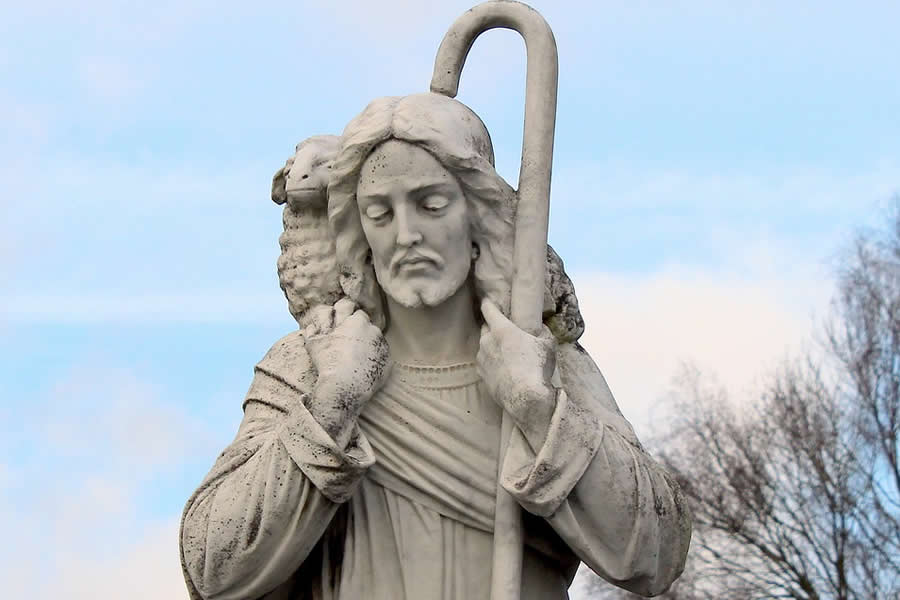
A Shepherd's Call
12-10-2023The Pastor's PenFr. MatthewDear Friend,
Do you know much about Emperor Penguins? I was not very familiar with these birds until a few years ago when the documentary, March of the Penguins, came out. And as I watched this documentary, I learned many intriguing facts about this largest of the penguin family. For one thing, Emperors are monogamous; a relatively unique feature in the world of animals; they have one mate for life.
Perhaps even more interesting than that, though, is the fact that it is the male Emperors who care for the egg until it hatches. That’s right, every year, when mating season is over, the female Emperors take off for the ocean; all of them together in one huge flock traveling hundreds of miles so that they can fish and get plenty to eat to sustain them and their new chick for a year. Meanwhile, back at their home, the male penguins are caring for the eggs. Each male tucks his egg between his feet to keep it from breaking and to keep it warm in the cold, harsh, winter winds.
But here’s the thing that is perhaps most interesting. When all those females return from the ocean, hundreds, perhaps even thousands of them, how do you think they find their mate in the equally large crowd of males? It’s not that they can just walk up to the doorstep of their nest and step inside. No, there are no nests. The Emperor penguins always find their mate and their children by the sound of their call, their voice. It seems impossible for a flock of thousands of penguins to sort themselves out by the sounds of their voices, but they do it. In our view, it’s nothing short of a miracle!
I suppose such a feat shouldn't surprise us too much. Perhaps all human voices sound alike to birds, just as bird calls (especially within a single species) all sound the same to humans. Yet, we humans do have some selective hearing; a father or mother will recognize their child’s voice in a crowded room and vice versa. But those of us who don’t have much to do with the bird and animal kingdoms on a daily basis are often startled at just how much animals can distinguish between different people as well as between others members of their own species. To this day, in the Middle East, a shepherd will go into a crowded sheepfold and call out his own sheep one by one, naming them. They will recognize his voice and come to him.
An Irish priest toured the Holy Land many years ago. One day on his travels, he saw several different groups of sheep converging together on a watering hole. As he watched the meeting, he thought to himself, "Now, there will be trouble. They’ll all get mixed up. The shepherds won’t like this." But the sheep continued to come together, until they formed one big flock of sheep. They all looked like--a big mass of white wool. "What will they do now?" the priest thought. "How will the shepherds ever separate them out?"
The young priest was intrigued enough to stay for a while. And when the sheep had finished drinking, he was amazed at what he saw. Each shepherd gave out a cry. Each let go his unique call, and almost by magic, the sheep divided back into their original herds.
A good shepherd prays always and does not lose heart.
Father Matthew
BACK TO LIST